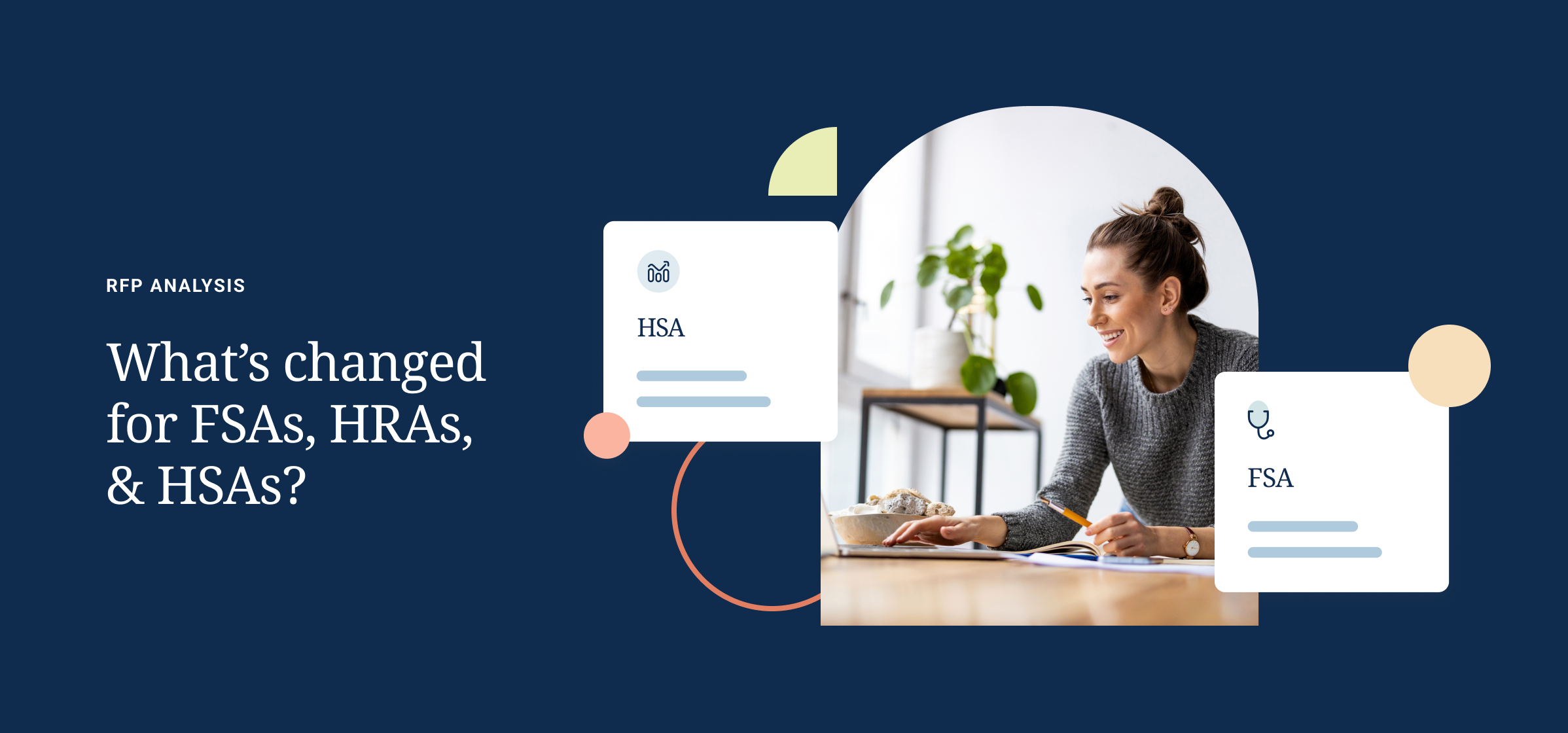First Dollar recently commissioned The Harris Poll to survey 1,000 U.S. adults with health insurance and either a flexible spending account (FSA) or a health savings account (HSA). (We'll refer to them as "members.") We wanted to answer questions like the following:
- What percentage of members use all of their benefits?
- Do members feel confident in their knowledge of their benefits?
- Do members like their health plan?
- Is there any relationship with the questions above?
This blog post will explore what we learned about members' awareness of their benefits. To review all of the report's findings, you can review and download the complete report here.
General Benefit Awareness
First, a majority (78%) of members feel aware of all benefits made available to them by their current health insurance plan.

Most members are confident in what benefits they have access to, but a sizeable portion (22%) of members are unsure or unaware of their benefits. Let's dig deeper into the data to see if we can learn anything else about these members.
Benefit Awareness: Fans vs. Detractors
We asked members about their experience with their current health plan in the survey. For this blog post, we’ll refer to any member who answered “very positive” or “somewhat positive” as a health plan fan and anyone who answered “somewhat negative” or “very negative” as a health plan detractor.
With the definition of fans and detractors in mind, let’s revisit the study results to examine how the two groups answered the benefit awareness question.

Fans and detractors do differ in their awareness of their available benefits. While more than four in five fans feel they know all of their benefits, only about one in two detractors do! That's 48% of detractors who either don't know what benefits they have or are unsure about what benefits they might have. It's safe to conclude that members with a favorable opinion of their health plan are more likely to be confident in their benefit knowledge than members with an unfavorable opinion.
Language Note: We asked members if they felt aware of their benefits. That language is intentional as we believe it's important that members know all of their benefits and are confident in their knowledge.
Benefit Awareness Factors
We asked members unaware of their benefits a follow-up question so we could identify factors that might impact their benefit awareness. Let's examine the results of that question to see if we can better understand why members might struggle with benefit awareness.

Here's a headline: 42% of members unaware of their benefits also claim that there are "too many benefits to keep track of." This suggests that those members are overwhelmed with their current benefits, and being offered an additional benefit might complicate their ability to understand their overall benefit offering.
Benefit Utilization & Benefit Awareness
We also asked members if they used all of their benefits. Let's examine how benefit users and nonusers answered the benefit awareness question to see if the two pain points have a relationship.

There's a stark difference between the two groups as 92% of benefit users know their benefits while only 48% of benefit nonusers know their benefits. This signals a relationship between the two pain points; health plans able to solve one pain point will likely also see improvement in the other pain point.
Benefit Tracking & Benefit Awareness
We also asked members about their ease in tracking their benefits. Let's revisit the survey data to see if there is a relationship between benefit tracking and benefit awareness.

Again, there is a stark difference between the two groups as less than half of the members (44%) who find it challenging to track their benefits are also aware of their benefits. For comparison, almost nine in ten members (89%) who find it easy to track their benefits are also aware of their benefits. Health plans that solve member benefit tracking are likely to see an improvement in member benefit awareness.
Conclusion
Let's recap what we've learned.
- A majority of members like their health plans.
- A majority of members feel aware of all their healthcare benefits.
- About half of members with a negative opinion about their current health plan are unsure or unaware of all their benefits.
- Many members unaware of their total benefit offering are also overwhelmed by the number of benefits offered.
What People Are Saying About Benefit Awareness
We asked our Instagram followers what they think about benefit awareness. Here's what they said:
- “Plan summaries are hard to read.” - Brenda
- “Not easy to comprehend.” - Destiny
- “Gotta call someone for every question.” - Paula
- “Not sure what is available.” - Tame
About The 2022 Healthcare Benefit Census
This blog post is an excerpt from First Dollar's 2022 Healthcare Benefit Census: Understanding Benefit Utilization and Member Dissatisfaction. To review all of the report's findings, you can review the complete report here.
Research Methodology
First Dollar commissioned The Harris Poll to conduct an online survey of 1,000 U.S. adults between February 15 - February 17, 2022. To qualify for the survey, respondents had to have healthcare insurance and either a flexible spending account (FSA) or a health savings account (HSA).





.png)
